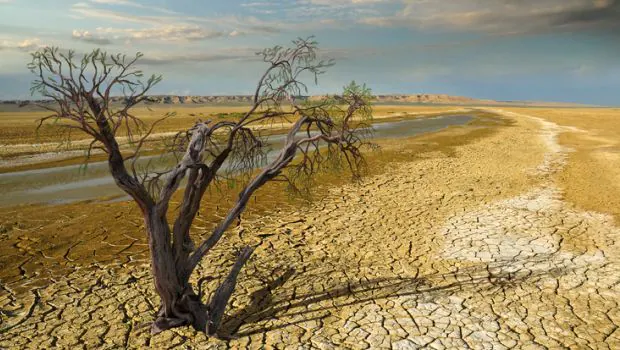A study conducted by an Israeli research team has shown that climate change is accelerating so fast that the southern hemisphere is already experiencing intense winter storms originally predicted for 2080.
The study, which was published by the researchers in the peer-reviewed journal, Nature Climate Change, found that the long-term, cumulative effect of these storms is to transfer heat away from the Tropics, which has, in turn, already caused the polar regions to warm up by as much as 30 degrees centigrade.
The team of researchers, based at Weizmann Institute of Science’s Earth and Planetary Sciences Department analyzed huge volumes of data from 30 climate model simulations around the world, together with current storm observations.
Read also: Scientists reveal history of climate change on Great Barrier Reef
Describing the outlook globally as bleak, the researchers concluded that the Earth’s climate is changing faster than anyone expected and that storms in the southern hemisphere are already at levels of intensity not previously expected until the year 2080.
The study further found that storms play a critical role in the transfer of heat, moisture and momentum within the atmosphere as well as have a significant impact on the climate.
In his response, Dr Rei Chemke, who led the research team, said that a “winter storm is a weather phenomenon that lasts only a few days. Individually, each storm doesn’t carry much climatic weight,”.
The team which worked with Dr Yi Ming, of Princeton University and Dr Janni Yuval of MIT, limited its study to the Southern Hemisphere, but believe it’s a similar picture in the Northern Hemisphere, though not as pronounced.
The findings of the study, together with those of other leading research institutes, will be incorporated into an assessment report of the UN’s Intergovernmental Panel on Climate Change (IPCC), which will help develop coping strategies.
While concluding that climate projections for the coming decades are graver than previous assessments, the researchers called for rapid and decisive intervention to halt the climate damage there, and to correct a bias in climate models to provide more accurate climate projections.
Story was adapted from Israel 21c.
